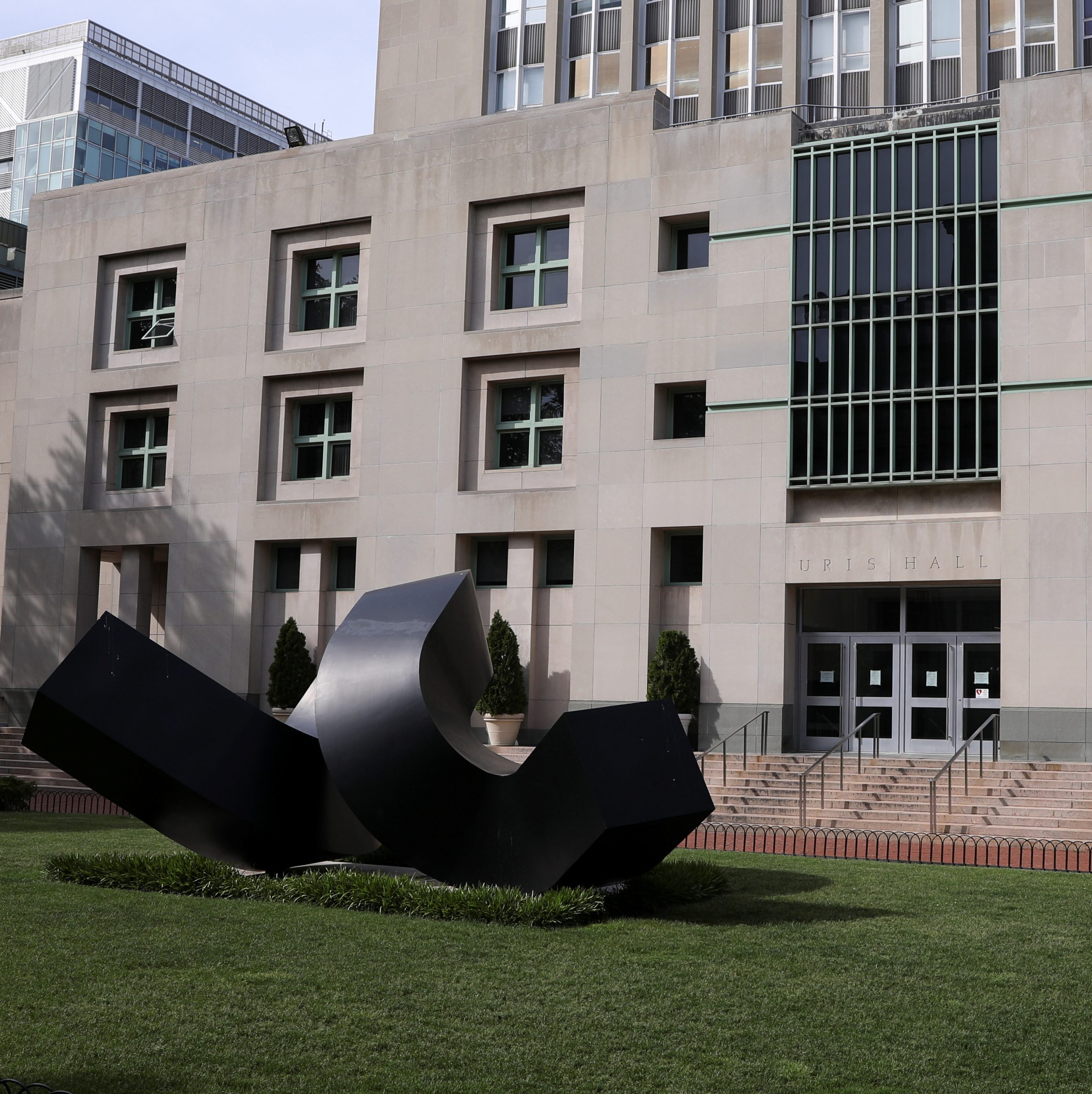
By Reuters
This summer, dozens of incoming students at New York’s Columbia Business School had planned to sail around the coast of Croatia for a week to get to know each other. Instead, they are chatting online and playing icebreaker games on Zoom.
With the coronavirus still spreading, social gatherings like the sailing trip organized by students are on hold, and there is a good chance that when school starts in September, many classes and events will be held online.
Columbia and other elite U.S. business schools like Harvard Business School and the Wharton School at the University of Pennsylvania have said they will likely move to a “hybrid” model of virtual and in-person learning.
It is a far cry from the typical MBA experience which features close contact with fellow students, in-person networking events, trips overseas and lunch sessions with CEOs. The changes have some students reconsidering the value of a degree that can cost upwards of $100,000 a year in tuition, housing, and other fees.
International students, who make up roughly 35 percent of the student body at most elite U.S. business schools, are particularly unsure about the decision.
For international students who press ahead with the MBA, another challenge may be getting to the United States.
Most air travel has been restricted, and the State Department in March suspended routine visa services worldwide.
The department said it is engaging with U.S. schools to help international students navigate the visa process, but it declined to provide specifics.
With so much uncertainty, business schools are taking unusual steps to accommodate students.
Harvard is allowing students to defer for a year and Wharton has said it will grant a deferral to international students who cannot start the program on time because of a visa issue.
Columbia told students in May that it would not allow deferrals, but advised students who cannot matriculate for a particular reason to contact the admissions team.
Some students, facing visa delays, travel restrictions and the increased cost and hassle of flying, intend to start the semester online.
“I plan to stay at my home in Beijing and take the courses remotely,” a third Chinese student admitted to Columbia said.
Sanjeev Khagram, the dean of the Thunderbird School of Global Management at Arizona State University, said he is telling international students that “virtual teams” are the future, so adjusting to online interaction has its upsides.
“Being effective in this virtual world actually gives them a competitive advantage,” Khagram said.
Meanwhile, the sailing trip for incoming Columbia students is on hold indefinitely.
“Although this spring/summer isn’t unfolding how we hoped it would, our class is developing a unique bond over this shared once in a generation experience,” the organizers said on the event’s website.
